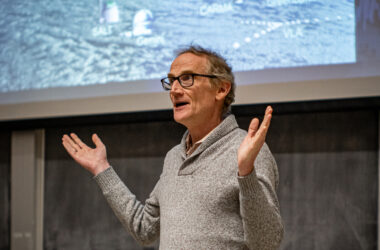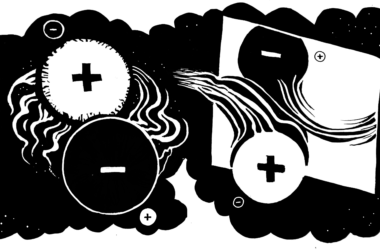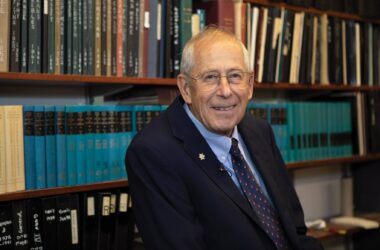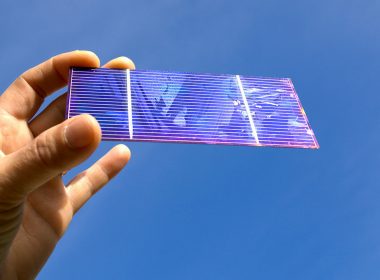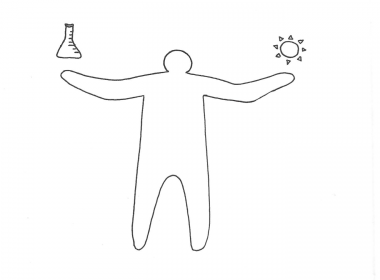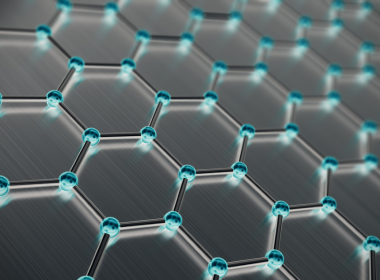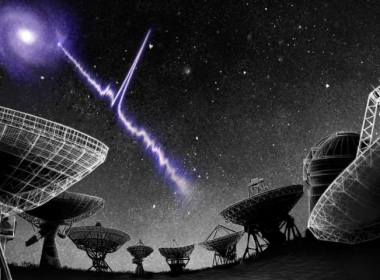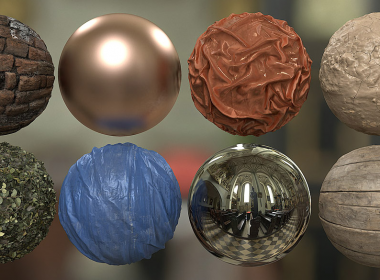If two pieces of paper, one crumpled up and one flat, were to be dropped, which one would reach the ground first? Without much deliberation, most people would likely say the crumpled piece of paper, and they would be correct. Air resistance slows the descent of the flat piece of[Read More…]
Tag: physics
Demystifying the mysterious fast radio bursts
On Feb. 7, 2024, the Trottier Space Institute hosted a public lecture on the mystery of Fast Radio Bursts (FRBs), fleeting blasts of cosmic energy that can outshine an entire galaxy, but only for a few milliseconds. They invited Duncan Lorimer, professor of Physics and Astronomy and Associate Dean for[Read More…]
What’s the matter with antimatter?
Since the mid-1970s, the Standard Model of particle physics has, as the name suggests, served as the standard theory for what fundamental particles exist in the universe, and how they interact with each other. While a mountain of experimental evidence from the last 50 years supports the model, there are[Read More…]
From humans on Mars to the expanding universe
Staring at an image of the Milky Way, James Peebles, the 2019 Nobel Prize winner in Physics, verbalized what his audience was thinking: “Isn’t that beautiful?”Just about everyone can agree that our galaxy is a remarkable sight. It was Sept. 16 and Peebles was visiting McGill to deliver the annual[Read More…]
Top five podcasts to grab science on the go
For university students, podcasts can provide a much-needed respite from the monotony of studying and attending online classes. Their portable format makes them a great tool to learn science on the go while commuting, running errands, or doing chores. The McGill Tribune has compiled some of our favourite science podcasts[Read More…]
Detecting tiny cracks can reveal the potential of new technologies
The properties of materials, from the plastic in water bottles to the metal beams of skyscrapers, are determined by their microscopic structure. However, most substances are not perfectly uniform and rather contain a significant number of minuscule defects. These imperfections play a large role in determining the physical properties of[Read More…]
Soup & Science goes digital for “Sun & Science”
On May 22, the Faculty of Science offered students and community members their widely popular Soup and Science presentation series, where professors from various departments deliver short talks on their research. For the first time in its history, lectures were offered in the spring and online, prompting organizers to aptly[Read More…]
The levitating power of quantum materials
The Redpath Museum hosted Tami Pereg-Barnea, an associate professor in McGill’s Department of Physics, on March 12 as part of the Cutting Edge Lecture in Science series. An expert in nano-scale materials, Pereg-Barnea discussed her current research, in which she applies quantum mechanical properties to understand the behaviour of superconductors.[Read More…]
Learning about our universe through bright bursts of light
On Jan. 6, McGill astronomers tracked down one of the brightest known repeating signals in the universe to a specific part of a galaxy just seven light years wide. The signal, called a Fast Radio Burst (FRB), was first detected in part by the Canadian Hydrogen Intensity Mapping Experiment (CHIME)[Read More…]
Image generation is rendering advertisements artificial
Decadent delicacies in food advertisements are not always what they seem to be. In these commercials, motor oil poses as pancake syrup, mashed potatoes become scoops of ice cream, and craft glue replaces milk in a bowl of cereal. Today, a rendering technique called physically based rendering (PBR) allows advertisers[Read More…]

